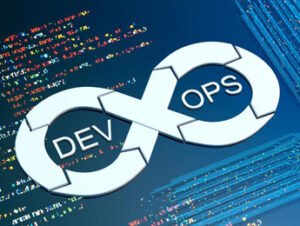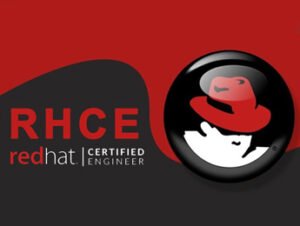MCSE Certification Training
MCSE Certification Training would provide you the ability to operate a data center, network, etc. So if you are planning to start your career in the IT sector the MCSE Certification Training is a good choice this is an expert-level certification.
- 24 weeks long course | Online and Offline
- Learn from leading experts in the industry
- Project based learning with 4 industry level projects that learners can showcase on LinkedIn.
- Learn Key Tools & Technologies in Automation





